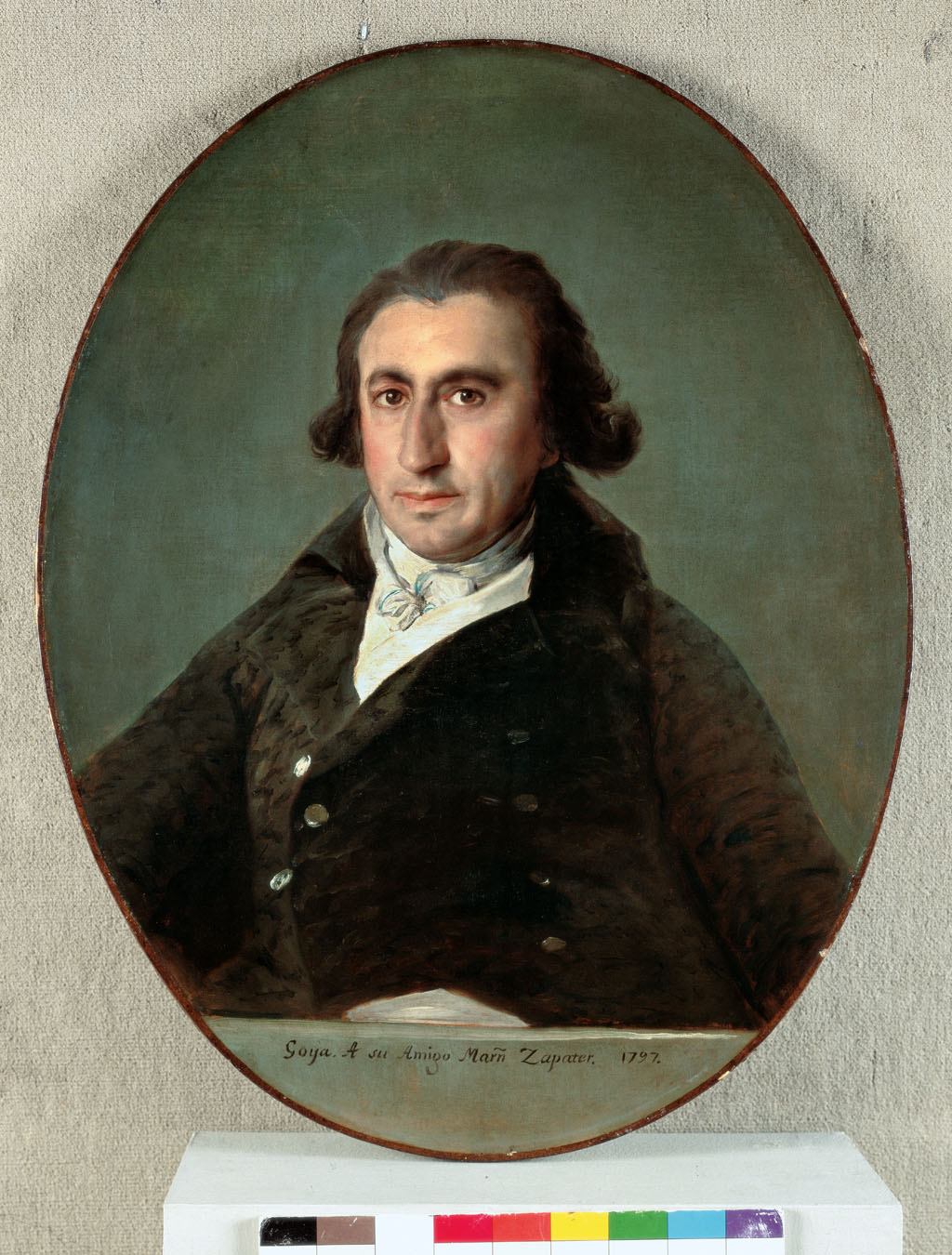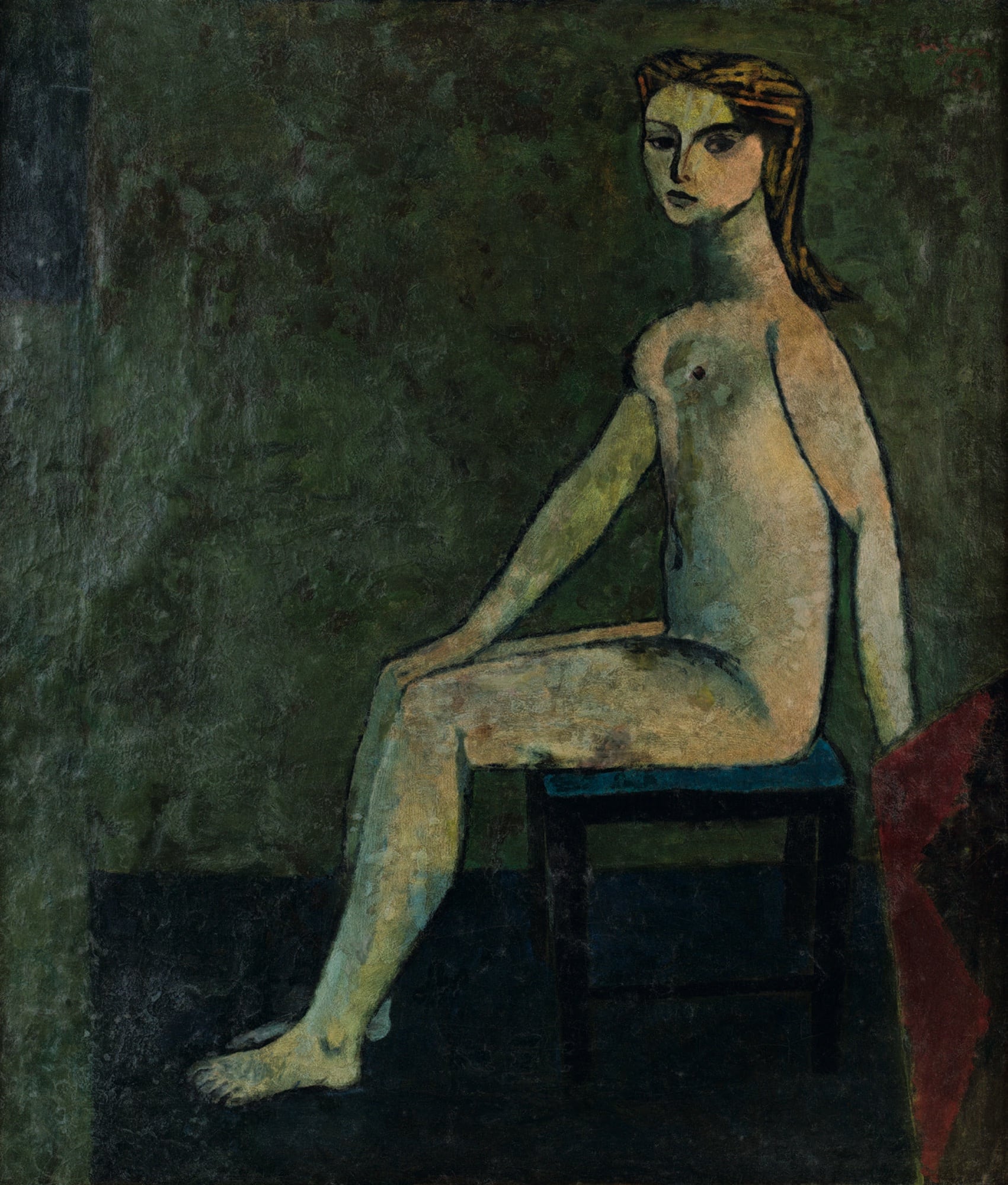Director: Roman Polanski
Cast: Leon Niemczyk, Jolanta Umecka, Zygmunt Malanowicz
Poland, 94’, 1962, black and white
Polish with Turkish subtitles
Roman Polanski's first feature is a brilliant psychological thriller that many critics still consider among his greatest work. The story is simple, yet the implications of its characters' emotions and actions are profound. When a young hitchhiker joins a couple on a weekend yacht trip, psychological warfare breaks out as the two men compete for the woman's attention. A storm forces the small crew below deck, and tension builds to a violent climax. With stinging dialogue and a mercilessly probing camera, Polanski creates a disturbing study of fear, humiliation, sexuality, and aggression. This remarkable directorial debut won Polanski worldwide acclaim, a place on the cover of Time, and his first Oscar¨ nomination.
Trailer

Martín Zapater y Clavería, born in Zaragoza on November 12th 1747, came from a family of modest merchants and was taken in to live with a well-to-do aunt, Juana Faguás, and her daughter, Joaquina de Alduy. He studied with Goya in the Escuelas Pías school in Zaragoza from 1752 to 1757 and a friendship arose between them which was to last until the death of Zapater in 1803.

A series of small and rather similar nudes Bedri Rahmi Eyüboğlu and Eren Eyüboğlu produced in the early 1930s almost resemble a ‘visual conversation’ that focus on a pictorial search. It is also possible to find the visual reflections of this earlier search in the synthesis Bedri Rahmi Eyüboğlu reached with his stylistic abstractions in the 1950s.

The exhibition Look at Me! Portraits and Other Fictions from the ”la Caixa” Contemporary Art Collection examines portraiture, one of the oldest artistic genres, through a significant number of works of our times. Through the exhibition we will be sharing about the artists and sections in Look At Me!. This time we are sharing about Janine Antoni , exhibited under the section “The Conventions of Identitiy”!
Tuesday - Saturday 10:00 - 19:00
Friday 10:00 - 22:00
Sunday 12:00 - 18:00
The museum is closed on Mondays.
On Wednesdays, the students can
visit the museum free of admission.
Full ticket: 300 TL
Discounted: 150 TL
Groups: 200 TL (minimum 10 people)